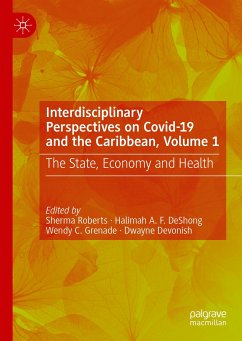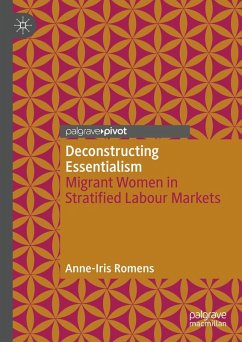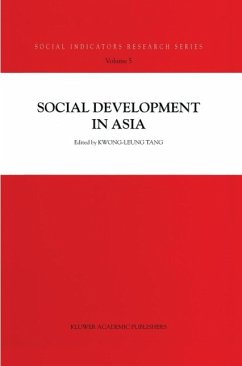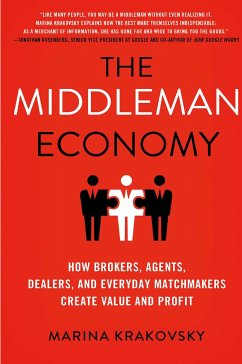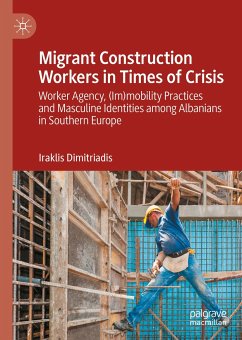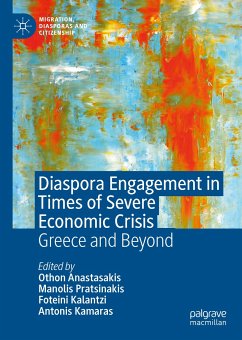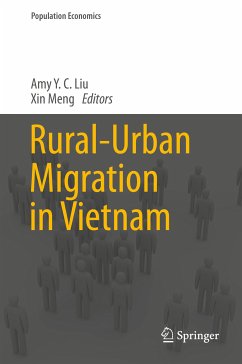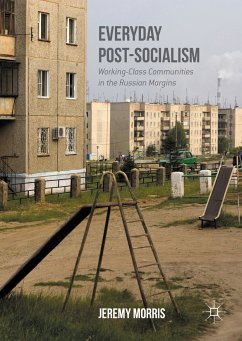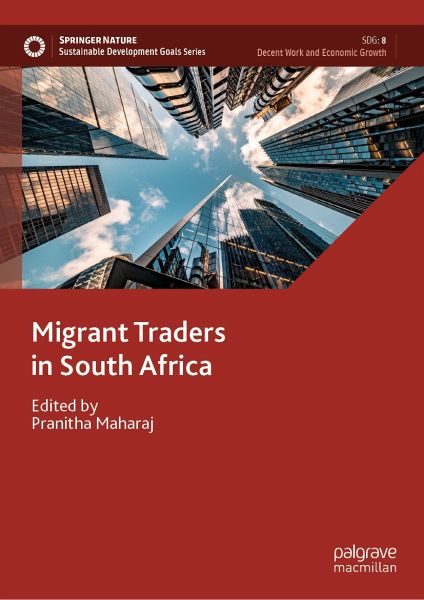
Migrant Traders in South Africa (eBook, PDF)
Versandkostenfrei!
Sofort per Download lieferbar
112,95 €
inkl. MwSt.
Weitere Ausgaben:

PAYBACK Punkte
56 °P sammeln!
This edited book examines the social realities of migrant traders in the informal economy in South Africa. It draws on original research conducted with migrant traders in order to understand their lived experiences in light of the COVID-19 pandemic. With chapters on the diverse types of informal trading, urban versus rural settings, migrant women, xenophobia, crime, poverty, well-being and policy responses, the book will be a valuable resource for researchers, scholars, policymakers and development practitioners whose work relates to SDG 8 (Decent Work and Economic Growth).
Dieser Download kann aus rechtlichen Gründen nur mit Rechnungsadresse in A, B, BG, CY, CZ, D, DK, EW, E, FIN, F, GR, HR, H, IRL, I, LT, L, LR, M, NL, PL, P, R, S, SLO, SK ausgeliefert werden.




